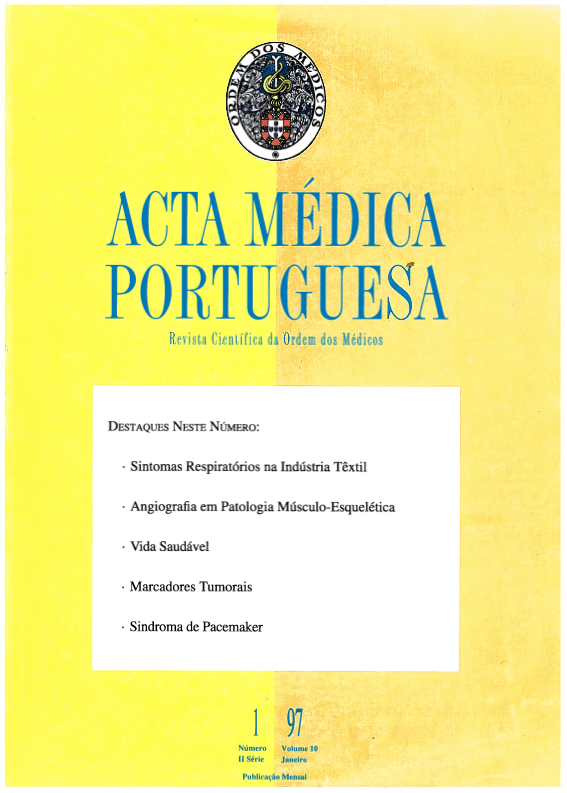Tumor markers (advances and limits).
DOI:
https://doi.org/10.20344/amp.2376Abstract
The author reviews and discusses the clinical utility of the major tumor markers. In spite of advances in the analytical systems, until recently there were no tumor markers that detect early stage cancer or that were absolutely specific or diagnostic for malignancy. Most of them are normal glycoproteins (that accompany the genetic deregulation of carcinogenesis) which are released into the blood and depend on liver function for their catabolism. Therefore such assays are of no use for screening healthy populations and a normal value does not exclude cancer. Their use may be of great help to the clinician in a number of ways: (1) primary staging of patients known to have cancer; (2) screening of high-risk individuals for the presence of some malignancies; (3) monitoring of the effectiveness of therapy; (4) patient's follow-up for early detection of relapses or metastases; (5) prognostic indexes; and (6) immunodetection of metastatic sites. Whatever the applications, a good clinical judgement is crucial for the use of these assays, with a critical look at the extent to which they contribute to a favorable outcome. At present, we think that their use in check-up studies should be avoided.Downloads
Downloads
How to Cite
Issue
Section
License
All the articles published in the AMP are open access and comply with the requirements of funding agencies or academic institutions. The AMP is governed by the terms of the Creative Commons ‘Attribution – Non-Commercial Use - (CC-BY-NC)’ license, regarding the use by third parties.
It is the author’s responsibility to obtain approval for the reproduction of figures, tables, etc. from other publications.
Upon acceptance of an article for publication, the authors will be asked to complete the ICMJE “Copyright Liability and Copyright Sharing Statement “(http://www.actamedicaportuguesa.com/info/AMP-NormasPublicacao.pdf) and the “Declaration of Potential Conflicts of Interest” (http:// www.icmje.org/conflicts-of-interest). An e-mail will be sent to the corresponding author to acknowledge receipt of the manuscript.
After publication, the authors are authorised to make their articles available in repositories of their institutions of origin, as long as they always mention where they were published and according to the Creative Commons license.









